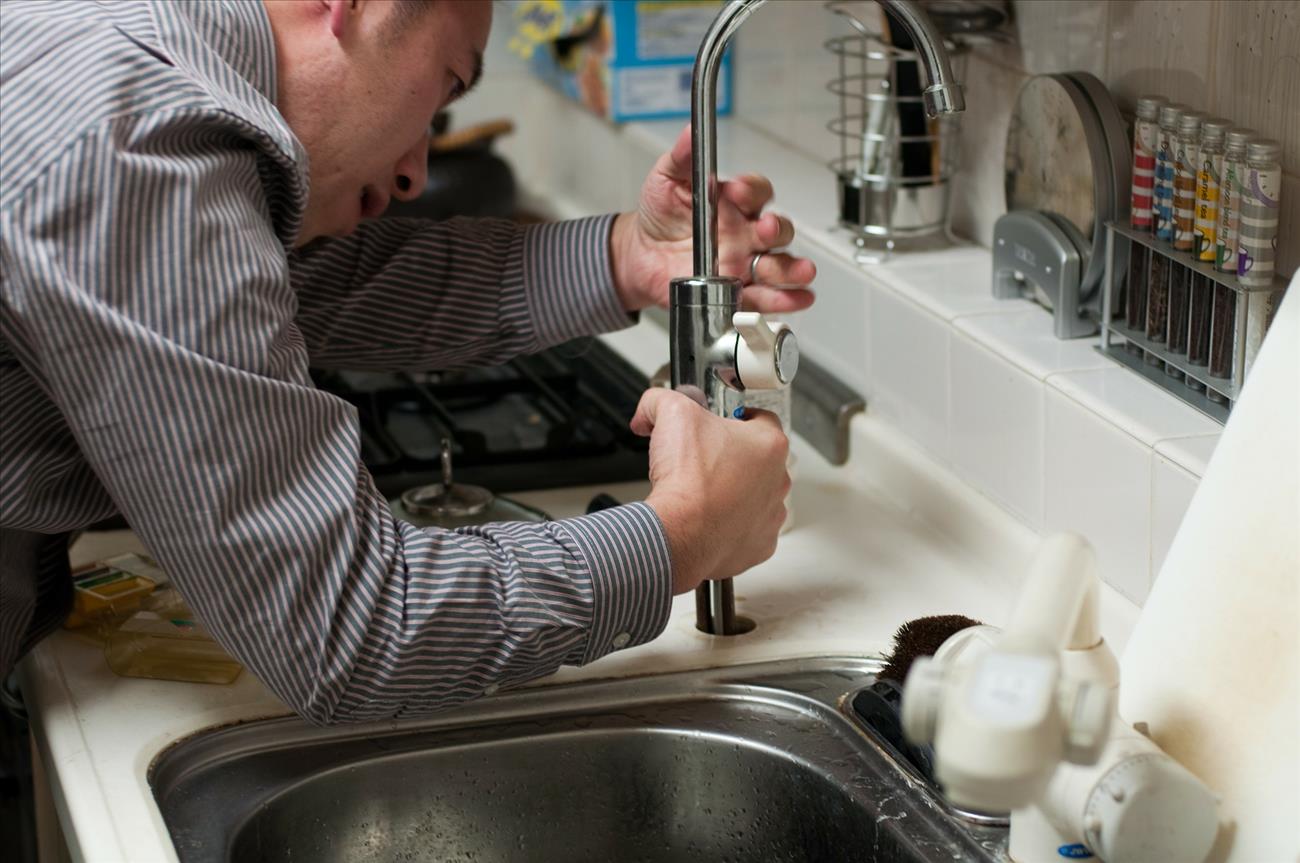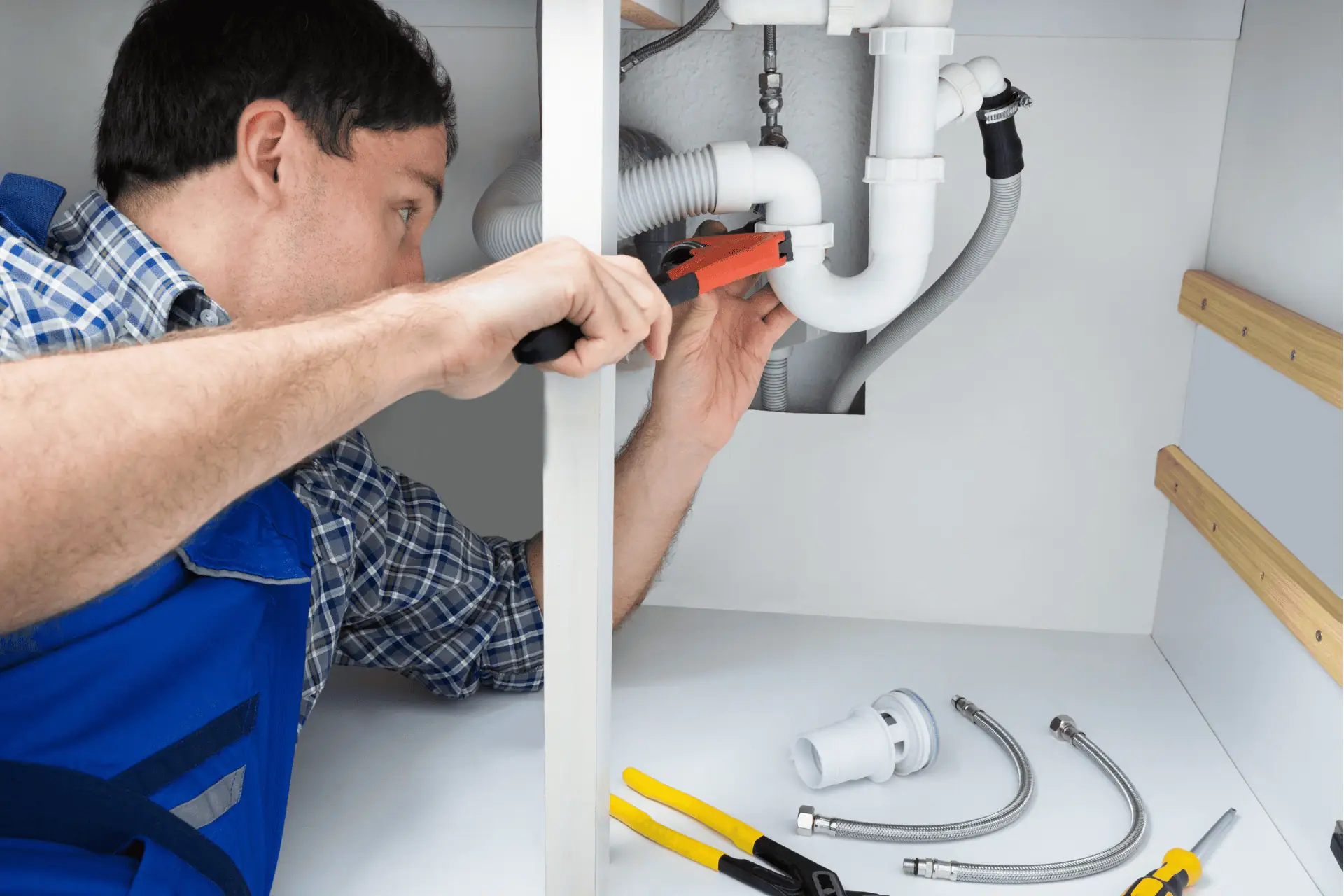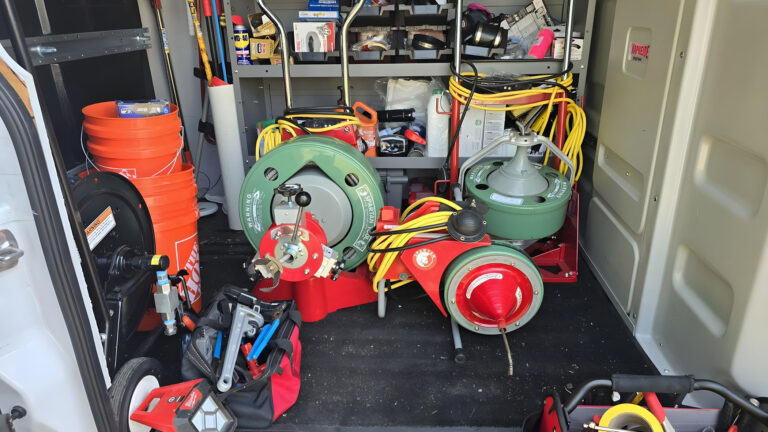Turning on your faucet only to see a weak stream of water can be frustrating. Whether you’re trying to take a relaxing shower, wash dishes, or run the washing machine, low water pressure slows everything down. For many homeowners, it starts small—a slight trickle from the bathroom sink or a shower that doesn’t feel as strong as before. Over time, though, that trickle can point to bigger plumbing issues that need attention.
If you’re living in Barnegat or anywhere across Ocean County, you’ve probably dealt with water pressure problems at some point. The good news? Many of the causes are easy to identify, and some even have simple fixes. Whether it’s a clogged fixture, a leaking pipe, or even an issue deep in your plumbing system that may require a drain plumber or professional drain pipe repair, knowing the warning signs can save you time and money. Let’s break down the most common reasons your water pressure is low, what you can do to troubleshoot, and when it’s time to call a professional plumber.
What Causes Low Water Pressure?

Low water pressure can come from a single issue or a combination of them. Here are the top culprits we see in Ocean County homes:
1. Clogged Pipes or Fixtures
Minerals in your water, especially in areas with hard water, tend to collect inside pipes, faucets, and showerheads. Over time, that buildup narrows the waterway, reducing flow. If one sink or shower is affected, this is usually the problem.
Example: If your kitchen faucet has weak pressure but your bathroom sink is fine, the faucet aerator is likely clogged with sediment.
2. Hidden Leaks in Your Plumbing System
A small leak might not flood your home, but it can still steal water pressure. Even tiny drips add up over time and lower the amount of water reaching your fixtures. Leaks also increase your utility bill and risk damaging your walls, flooring, or foundation.
3. Water Pressure Regulator Problems
Most homes have a pressure regulator (usually found near where the main water line enters your house). This device keeps water flow steady. When it breaks, you’ll often notice a sudden change in pressure—sometimes too low, sometimes too high.
4. Municipal Supply Issues
Sometimes, it’s not you—it’s the city. Utility companies occasionally lower water pressure during repairs, maintenance, or times of high demand. If your neighbors are experiencing the same problem, the issue may be out of your hands.
5. Aging or Corroded Pipes
Older homes in Barnegat and Ocean County often have galvanized steel pipes. These corrode from the inside, slowly narrowing and restricting water flow. This is one of the more serious causes of low pressure and usually requires pipe replacement.
Quick Fixes You Can Try at Home
Before calling a plumber, here are a few simple checks you can do:
-
Clean Fixtures: Unscrew your showerhead or faucet aerator, soak it in vinegar, and scrub off mineral deposits.
-
Check for Leaks: Look under sinks, around your water heater, and along visible pipes. Water spots, dampness, or mold are signs of a problem.
-
Test Multiple Fixtures: If only one area has low pressure, it’s likely a localized issue. If it’s the whole house, the problem is bigger.
-
Inspect Your Shut-Off Valve: Make sure the main water valve is fully open. If it’s partially closed, your pressure will drop.
-
Ask Your Neighbors: If others nearby have the same issue, it’s likely coming from the municipal water supply.
Why You Shouldn’t Ignore Low Water Pressure

It’s easy to brush off weak water pressure as a minor annoyance. But here’s the truth: plumbing problems rarely fix themselves. What starts as slow water flow could actually be a warning sign of a much larger issue, like a failing regulator, pipe corrosion, or a hidden leak that’s damaging your home.
Ignoring the problem can also cost you money in the long run. A hidden leak, for instance, wastes water 24/7 and inflates your utility bill. Corroded pipes not only restrict water flow but can also lead to rusty, discolored water.
When to Call a Professional Plumber
If you’ve tried the quick fixes and your water pressure still hasn’t improved, it’s time to bring in an expert. Professional plumbers can:
-
Test your water pressure levels with specialized tools
-
Inspect pipes for corrosion or hidden leaks
-
Replace faulty regulators
-
Flush your plumbing system to remove buildup
-
Recommend long-term solutions like drain pipe replacement or water softeners
At Crest Plumbing, we’ve helped countless homeowners in Barnegat and throughout Ocean County get back to enjoying steady, reliable water pressure. Our team can quickly diagnose the cause and provide the right fix—whether it’s a simple adjustment or a major repair.
Final Thoughts
Low water pressure isn’t just an inconvenience—it’s often a symptom of a bigger plumbing problem. The sooner you address it, the less likely you are to face costly repairs later on. Try the basic troubleshooting steps above, and if your pressure is still low, call in a licensed plumber for a thorough inspection.
Tired of weak water pressure slowing down your home? Call Crest Plumbing today. Serving Barnegat and all of Ocean County, we’ll find the cause of your low water pressure and restore your system to full strength.

